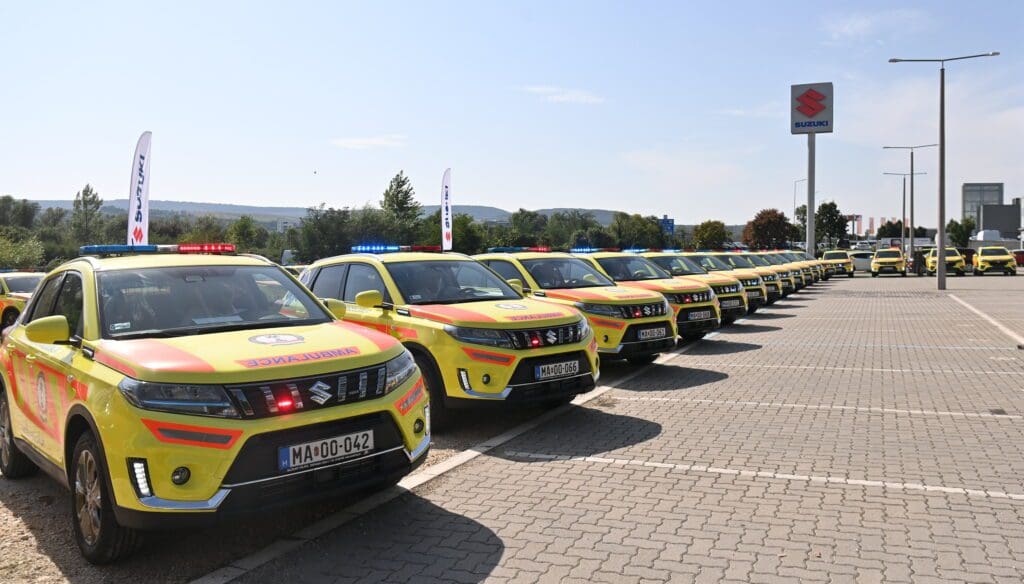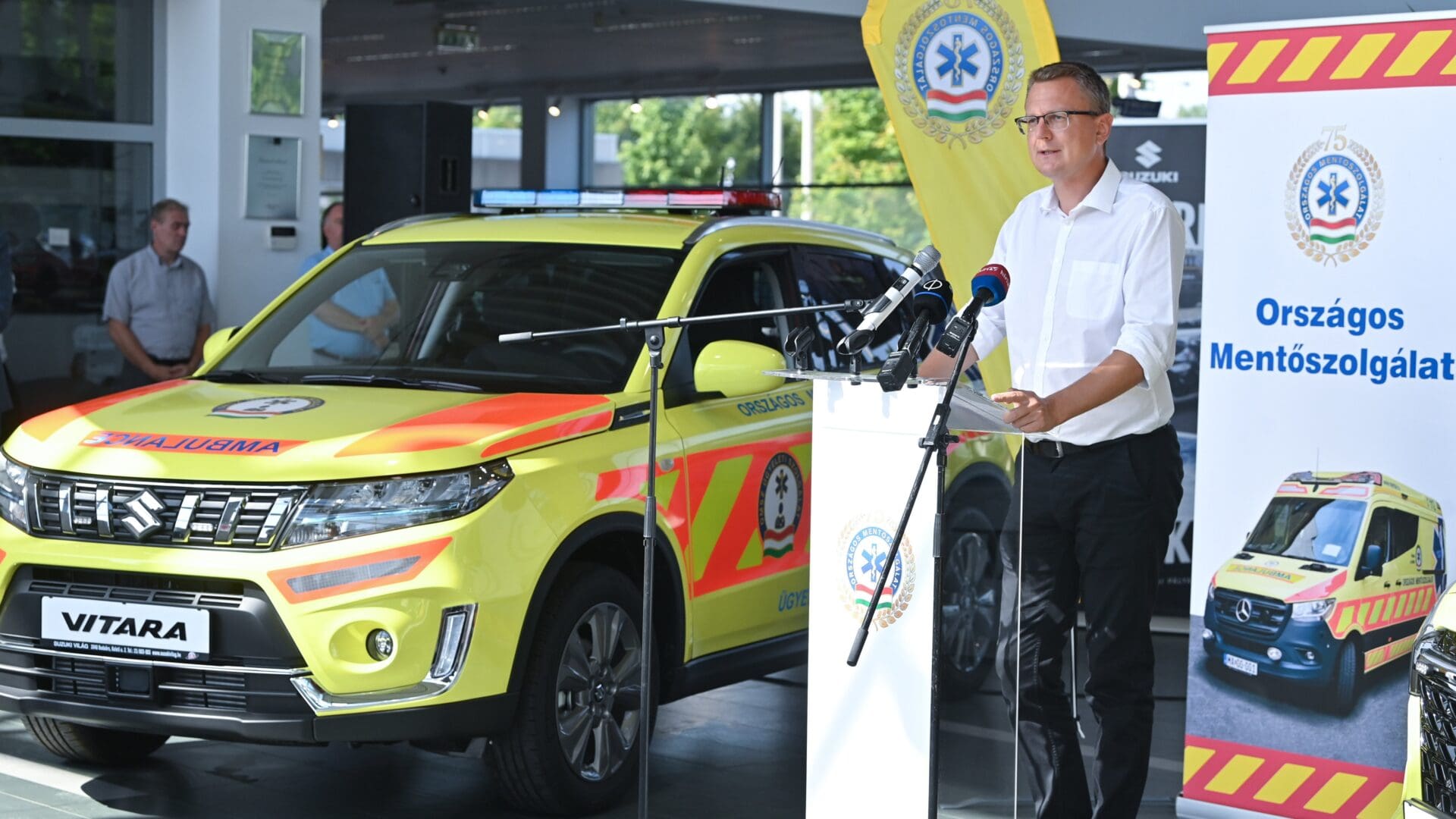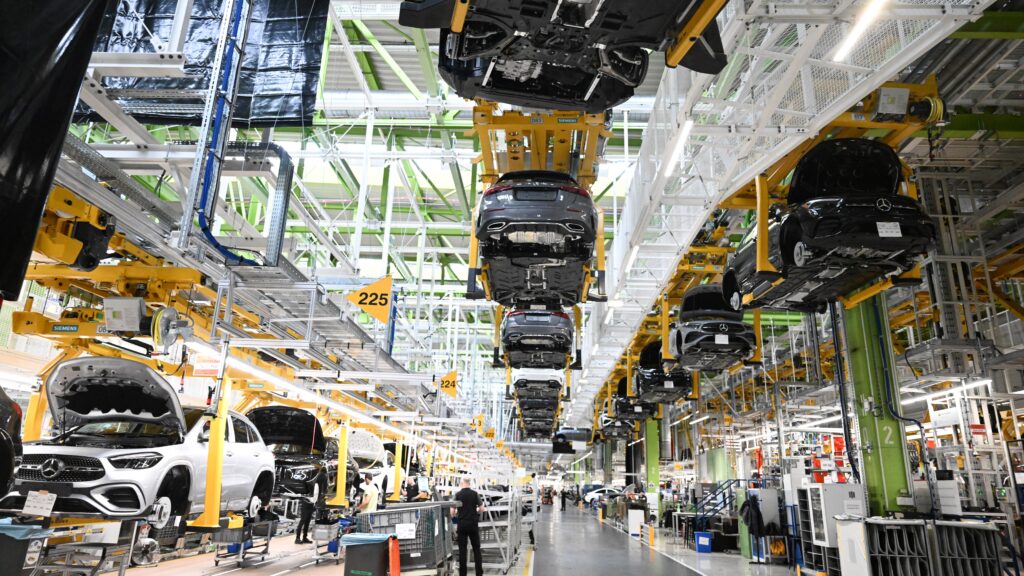The Hungarian National Ambulance Service (OMSZ) received one hundred and seventy new vehicles to serve primary care emergency services on Monday in Budaörs.
During the ceremonial handover, Parliamentary State Secretary of the Ministry of the Interior Bence Rétvári highlighted that the new emergency system has fulfilled expectations. In counties such as Hajdú-Bihar, Győr-Moson-Sopron, Szabolcs-Szatmár-Bereg, Borsod-Abaúj-Zemplén, Komárom-Esztergom, and Békés, over 120,000 hours of emergency care have been provided to 110,000 patients since the introduction of the new system. According to the state secretary, the emergency points, the number of physicians, and the extent of care have been well planned. There are no long queues, no waiting; patients are attended to promptly during the emergency hours.
Rétvári emphasised that the new emergency system also serves the patients’ interest as it ensures more reliable care. Rather than multiple different emergency service providers, the National Ambulance Service provides unified care, which is also more predictable for the physicians.

The current development, funded by the government with two billion forints, is a significant step forward for the emergency system. Moreover, the budget for the healthcare sector for the coming year includes an additional 425 billion forints, to cover the expenses of a higher quality service for everyone with better hourly rates, improved vehicles, enhanced IT infrastructure, and better equipment.
OMSZ CEO Gábor Csató recalled that the new emergency system began operating in February. New counties are being integrated into the system month by month, and over one hundred thousand patients have already received care within this new framework. The stability of the system is also facilitated by the new equipment, he pointed out. In addition to new vehicles, OMSZ is acquiring new medical devices that will enable uniformly high-quality care across the country.
The CEO particularly emphasised the newly introduced emergency number 1830, which can be dialled for non-urgent and non-life-threatening medical issues. He also mentioned that in the coming period, three more counties—Jász-Nagykun-Szolnok, Veszprém, and Baranya—will be integrated into the system.
Presenting the new vehicles, Csató revealed that the cars are hybrid with 130 horsepower. Responding to a question, he added that with the 22 vehicles handed over last year and the 170 vehicles provided now—100 Suzuki Vitaras and 70 Suzuki S-Cross vehicles—OMSZ now has a total of 192 vehicles supporting its emergency services.
Read more:
Sources: Hungarian Conservative/MTI







